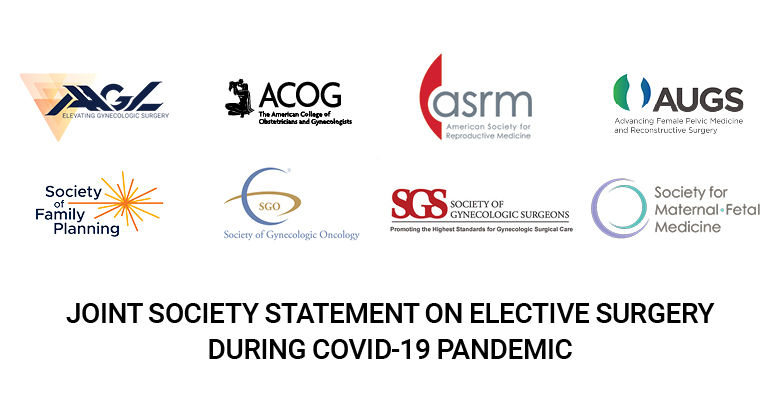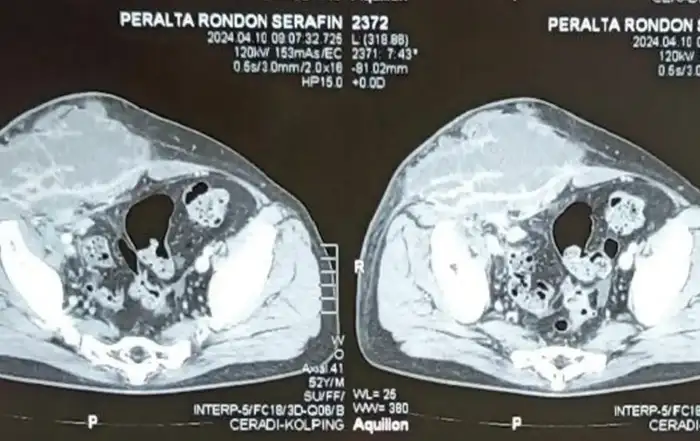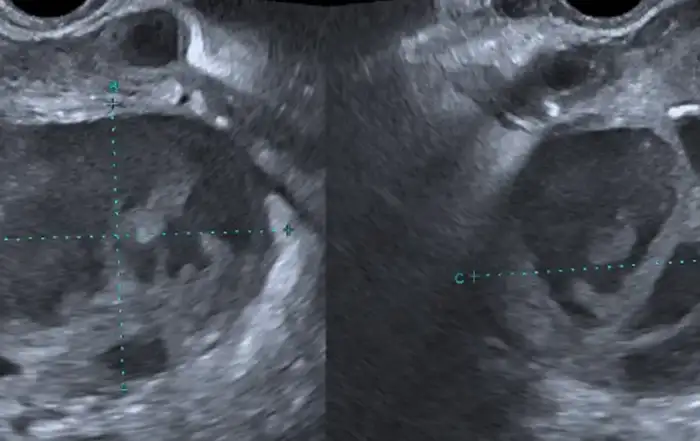
The American Association of Gynecologic Laparoscopists (AAGL) joins the American College of Obstetricians and Gynecologists (ACOG), the American Society of Reproductive Medicine (ASRM), the American Urogynecologic Society (AUGS), Society of Family Planning (SFP), Society of Gynecologic Oncology (SGO), Society of Gynecologic Surgeons (SGS), and the Society for Maternal-Fetal Medicine (SMFM), in providing the following recommendations for obstetrician-gynecologists regarding the American College of Surgeons’ statement on elective surgery and the U.S. Surgeon General’s recommendation that hospitals suspend elective surgeries during the COVID-19 pandemic.
The COVID-19 pandemic is a public health crisis that requires the full attention and resources of our health care systems. The pandemic is and will create stress and pressure on health care systems throughout the country, especially in under-resourced areas. As hospital systems, clinics, and communities prepare to meet anticipated increases in demand for the care of people with COVID-19, strategies to mitigate spread of the virus and to maximize health care resources are evolving. Some health systems, at the guidance of the U.S. Centers for Disease Prevention and Control, are implementing plans to cancel elective and non-urgent procedures to expand hospitals’ capacity to provide critical care.
While elective surgery can serve important roles in furthering patient wellbeing, we endorse the Surgeon General’s statement regarding elective surgery. Surgical procedures performed by obstetrician-gynecologists are generally medically indicated procedures necessary for the furtherance of patient health and safety. In areas where COVID-19 is particularly prevalent or where there is particular stress on the health care system, it may be advantageous to identify and modify surgical scheduling, including for procedures that are medically indicated, when a patient’s health and safety would not be harmed by such delay. Decisions should be made on a local-regional level, considering the risks and resources specific to each area.
Obstetric and gynecologic procedures for which a delay will negatively affect patient health and safety should not be delayed. This includes gynecologic procedures and procedures related to pregnancy for which delay would harm patient health. Obstetrician-gynecologists and other health care practitioners should be aware of the unintended impact that policies responding to COVID-19 may have, including limiting access to time-sensitive obstetric and gynecological procedures.
This is an unusual time with rapidly evolving circumstances, and we would expect recommendations to change. We encourage individual physicians to work closely with their hospital systems to ensure that patient’s needs are being met and that time-sensitive procedures are not rendered inaccessible. Please consult the CDC’s Interim Guidance for Healthcare Facilities: Preparing for Community Transmission of COVID-19 in the United States.





